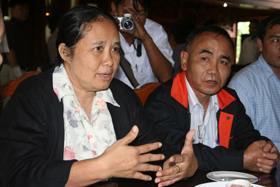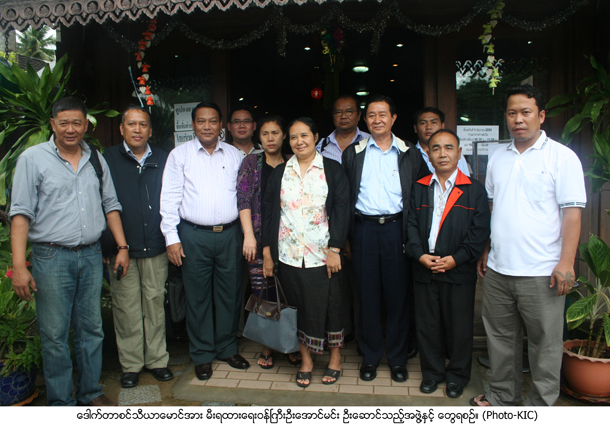Some western news medias had blocked or covered that news for international community to know on line media ! I don't know why or what the matter ! God bless with you ! ..........
Three astronauts have returned to Earth after achieving China's first manual docking in orbit, a milestone in the country's effort to build a space station by the end of the decade.
The return of the trio, including the country's first female astronaut, to a landing zone in a remote and sandy area of northern China was broadcast to a national audience on state television CCTV on Friday.
The return capsule of the Shenzhou-9 spacecraft, which lifted off on June 16, hit the ground at about 10:00am local time (02:00 GMT), after an approach slowed by a large parachute.
Rescue workers quickly surrounded and opened the capsule, which had turned on its side and looked charred on the outside.
All three astronauts were in good physical condition, the state run Xinhua news agency reported.
They would need to remain in the capsule for about 50 minutes to acclimatise, according to CCTV, which showed a medical worker in a white uniform going inside to talk with them.
The crew had successfully carried out China's first manual space docking with the orbiting Tiangong-1 module, a difficult move that is essential in the process of building a space station. Beijing aims to have built such a station by 2020.
The manoeuvre - completed by the Americans and Russians in the 1960s - requires two vessels orbiting Earth at thousands of kilometres per hour to come together very gently to avoid destroying each other.
It was the main goal of the mission, which was China's fourth manned trip to space.
The Shenzhou-9 team was headed by Jing Haipeng, a veteran astronaut on his third space mission.
Liu Wang carried out the manual docking and the third crew member was Liu Yang, the first woman China has sent into space. Yang has been hailed as a national heroine.
Three astronauts have returned to Earth after achieving China's first manual docking in orbit, a milestone in the country's effort to build a space station by the end of the decade.
The return of the trio, including the country's first female astronaut, to a landing zone in a remote and sandy area of northern China was broadcast to a national audience on state television CCTV on Friday.
The return capsule of the Shenzhou-9 spacecraft, which lifted off on June 16, hit the ground at about 10:00am local time (02:00 GMT), after an approach slowed by a large parachute.
Rescue workers quickly surrounded and opened the capsule, which had turned on its side and looked charred on the outside.
All three astronauts were in good physical condition, the state run Xinhua news agency reported.
They would need to remain in the capsule for about 50 minutes to acclimatise, according to CCTV, which showed a medical worker in a white uniform going inside to talk with them.
The crew had successfully carried out China's first manual space docking with the orbiting Tiangong-1 module, a difficult move that is essential in the process of building a space station. Beijing aims to have built such a station by 2020.
The manoeuvre - completed by the Americans and Russians in the 1960s - requires two vessels orbiting Earth at thousands of kilometres per hour to come together very gently to avoid destroying each other.
It was the main goal of the mission, which was China's fourth manned trip to space.
The Shenzhou-9 team was headed by Jing Haipeng, a veteran astronaut on his third space mission.
Liu Wang carried out the manual docking and the third crew member was Liu Yang, the first woman China has sent into space. Yang has been hailed as a national heroine.





